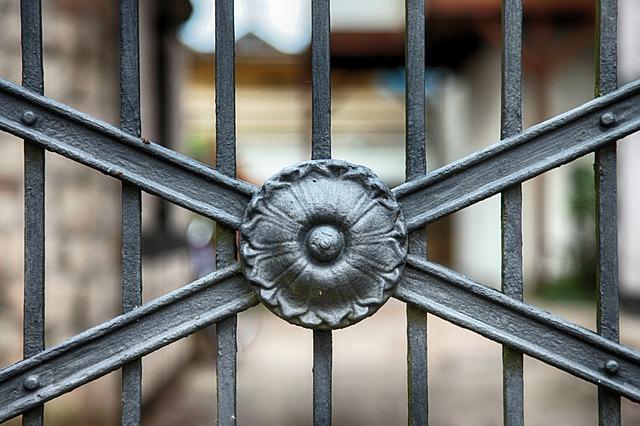Buying a foreclosure property can save you a lot of money and make your profit margins on rentals that much bigger. But not everything that’s cheap is a bargain. The main reason foreclosed properties are less expensive is because the owner simply couldn’t pay their mortgage. So sometimes this means there’s nothing else wrong with it. However, just like with any other property, you could run into problems you weren’t expecting. Maybe the owners let the property go because it was a money pit. Or maybe they didn’t take care of it and let some major issues build up. The point is, you shouldn’t pounce on a deal just because the numbers are right. Instead, take the following questions into consideration.
How much money can you make on it?
The first and most important thing to consider when buying any investment property is how much money it will make you. Of course, that’s usually why people buy foreclosures in the first place, but many of them are so caught up in the bargain of it that they fail to do thorough calculations. To figure this out, you’ll first need to know the appraised value of the home. It’s typical to charge between 0.8 and 1.1 percent of the value for monthly rent. So, a home appraised for $100,000 might rent for $800-$1,100. But that’s not the only consideration. You also need to assess the neighborhood and find out how much people are willing to pay there. After all, you can charge whatever you’d like, but if no one is willing to pay it, you won’t make any money.
What is the condition of the property?
It should go without saying, but you need to know what condition the property is in before you buy it. Unfortunately, though, buyers are not always allowed access to them before they sell. This depends on the area and the bank that’s selling the property, but in many cases, they have perspective buyers bid on it sight-unseen. This means you can’t have it inspected or even do a walk-through before the auction. You can usually see it from the outside and may even be bidding on it from right there on the property. But you won’t know what’s inside until after the sale is actually made.
If this is the case with the property you’re looking at, it doesn’t necessarily mean you should miss out on the deal. If you think you can get a good price, you might still feel like it’s worth the gamble. In these situations, do what you can to get information on the property. Talk to people in the neighborhood, check county records for recorded value, and ask the bank for as much information as they’re willing to give you. Also, look for signs of poor upkeep from outside the home. For example, look closely at the eaves for signs of water damage, and pay attention to doors and windows to see if they’re well-sealed.
Who will rent the property?
In 2009, the PTFA (Protecting Tenants at Foreclosure Act) was put into place by the White House. This law states that people who were renting a home during foreclosure are allowed to stay in the home for at least 90 days. In these situations, you’ll have to decide whether to keep the current tenants indefinitely or evict them after the 90 days are up. Most of the time, it’s beneficial to keep them on. They are, after all, already paying their rent so you don’t have to look for new tenants. However, if the rent they’re paying is too low for you to make a profit or if you need to make repairs, you may need to renegotiate.
If this is not the case for your property and you’re faced with finding new renters, it’s important to take a few precautions. First, get the property rent-ready, and then decide how you’ll list it. Some landlords list their properties with real estate companies, which saves time and hassle. But keep in mind, you’ll have to pay a commission this way. If you decide to list it yourself, use free sites like social media or Craigslist to start. You can also take out an inexpensive ad in the local paper. Most importantly, screen every applicant thoroughly. Use a rental application for landlords to get all the necessary information. Then, use that information to access their credit reports, public records, rental histories.












No Comments